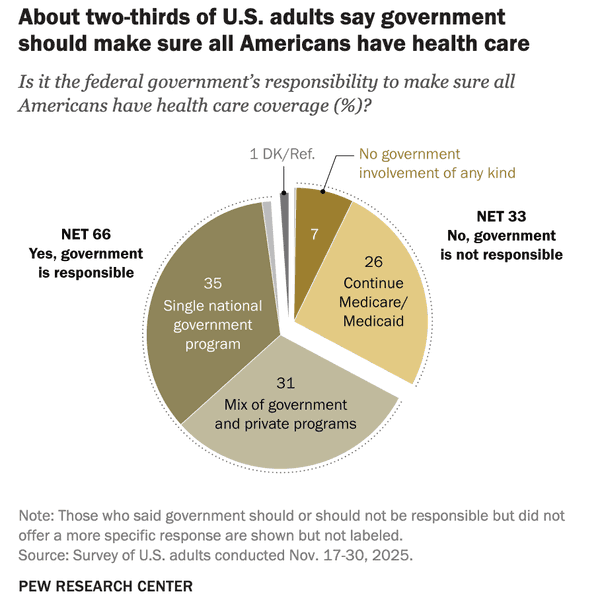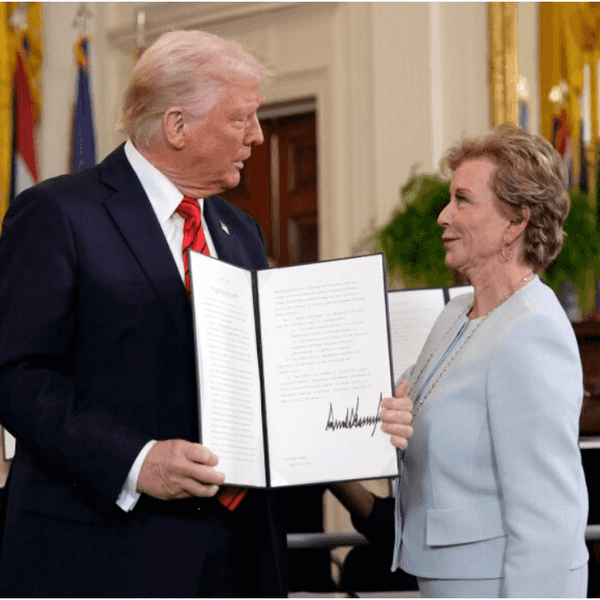Trump Names GOP Chair And ‘Alt-Right’ Publisher To Top White House Posts

WASHINGTON (Reuters) – President-elect Donald Trump on Sunday picked Reince Priebus, a Washington insider who heads the Republican National Committee, as White House chief of staff, signaling a willingness to work with Congress to advance his agenda when he takes office in January.
But while giving the influential post to the low-key Priebus, Trump handed another senior White House job to rabble-rousing conservative media figure Stephen Bannon, his campaign chairman who helped engineer his surprise victory on Tuesday over Democrat Hillary Clinton.
Priebus is a friend of U.S. House of Representatives Speaker Paul Ryan, who distanced himself from Trump during the campaign but embodies the Republican establishment in Washington and will play a critical role in shepherding Trump’s agenda in Congress. Both Priebus and Ryan are from Wisconsin.
But Bannon, former head of the right-wing Breitbart News website, has been fiercely critical of Ryan.
Trump’s statement announcing the appointments said Bannon and Priebus would be “working as equal partners to transform the federal government,” with Bannon serving as chief strategist and senior counselor to the president.
The White House chief of staff serves as a gatekeeper and agenda-setter for the president, but Trump’s statement mentioned Bannon’s job first.
“I am thrilled to have my very successful team continue with me in leading our country,” Trump said in a statement. “Steve and Reince are highly qualified leaders who worked well together on our campaign and led us to a historic victory. Now I will have them both with me in the White House.”
Before joining Trump’s team, Bannon spearheaded Breitbart’s shift into a forum for the “alt-right,” a loose online confederation of neo-Nazis, white supremacists, and anti-Semites. Bannon’s hiring by Trump’s campaign this year signaled the businessman’s dedication to operating outside the norms of Washington.
Under Bannon’s leadership, the Breitbart site presented a number of conspiracy theories about Clinton as well as Republicans deemed to be lacking in conservative bona fides.
Critics have accused Bannon of harboring anti-Semitic and white nationalist sentiments. In a 2007 court filing during divorce proceedings, Bannon’s former wife accused him of making anti-Semitic comments on at least three occasions.
As head of Breitbart, he repeatedly attacked the Republican Party establishment including Ryan, alienating many veteran Republicans. Bannon showed his willingness to engage in brutal political tactics when he instigated the appearance before a presidential debate of three women who said they had been sexually abused by his Democratic rival’s husband, former President Bill Clinton.
Trump, who will succeed Democratic President Barack Obama on Jan. 20, has been contemplating the candidates for top jobs in the White House and in various Cabinet positions since Tuesday’s victory.
Priebus’ appointment could anger some hardline Trump supporters who were counting on Trump to keep his campaign promise to “drain the swamp” of business-as-usual Washington insiders.
Priebus is a longtime Wisconsin political operative who was credited with marshaling party resources for Trump’s White House bid. The Republican National Committee stepped in and ran most of the party’s get-out-the-vote effort this year in the absence of such an operation by the Trump campaign.
While some Republicans fled from Trump during the campaign, Priebus was unwavering in his backing for the New York real estate developer.
Priebus frequently traveled with Trump on the campaign trail and was seen as a positive force who helped rein in the unpredictable Trump in the closing weeks. Trump made his high regard for Priebus known on election night when he pulled him to the microphone to take a bow for his campaign efforts.
Trump and his advisers already have hedged on some of his major campaign promises, including on immigration, healthcare and appointing a special prosecutor to investigate Clinton.
Trump, in an interview that aired on Sunday, backed away from his promise to build a wall on the U.S.-Mexican border, saying some areas could instead be “fencing.”
Trump, whose pledge to force Mexico to pay for a border wall was a centerpiece of his White House, said in “certain areas” he would accept fencing instead of a brick-and-mortar wall, according to his interview with the CBS program “60 Minutes.”
“But certain areas, a wall is more appropriate. I’m very good at this, it’s called construction, there could be some fencing,” he said.
In the “60 Minutes” interview, Trump said Americans alarmed by his election had nothing to fear. “Don’t be afraid. We are going to bring our country back. But certainly, don’t be afraid,” he said.
Demonstrators in major U.S. cities took to the streets on Sunday for a fifth straight day to protest against Trump.
Trump said in the interview that once he takes office, he would remove immigrants with criminal records who are in the country illegally.
During the campaign, Trump said he would deport the estimated 11 million immigrants in the country illegally, most of whom are Hispanic.
Ryan on Sunday backed away from Trump’s promise during the campaign of a “deportation force” to round up and deport immigrants in the country illegally.
“We are not planning on erecting a deportation force. Donald Trump’s not planning on that,” Ryan told CNN’s “State of the Union” program. “I think we should put people’s minds at ease. That is not what our focus is. That is not what we’re focused on. We’re focused on securing the border.”
(Additional reporting by Steve Holland and Howard Schneider; Writing by Will Dunham; Editing by Caren Bohan and Peter Cooney)
IMAGE: Stephen Bannon CEO of Republican presidential nominee Donald Trump’s campaign is pictured during a round table with the Republican Leadership Initiative at Trump Tower, August 25, 2016. REUTERS/Carlo Allegri








